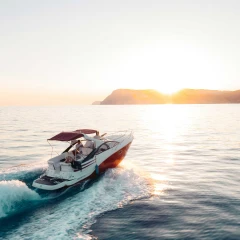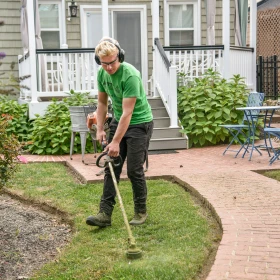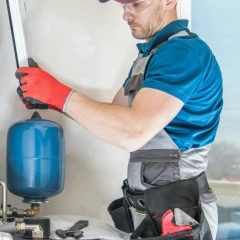













Florida does not require boat insurance by law for recreational use. However, due to the state’s high boating activity, tropical weather risks, and marina density, insurance is often required by lenders, marinas, and storage facilities. Even when it’s not mandatory, having a policy can protect you from major losses related to theft, weather, liability, or accidents on the water.
This is especially true during hurricane season—our hurricane prep guide for boaters can help you avoid common storm-related losses and understand how insurance fits into your overall disaster plan.
Florida has no state-mandated minimum boat insurance requirements. However, if you dock at a marina or finance your boat, you’ll likely be required to carry:
In high-traffic boating areas, coverage for uninsured boaters, salvage, and fuel spills may also be strongly recommended or required by facility operators.
Even if you’re experienced, crowded waterways increase your risk. To reduce liability and keep passengers safe, review our top boating safety tips that every Florida boat owner should know.
Florida boat insurance rates tend to be higher than the national average due to year-round use, storm exposure, and saltwater risks. Here’s a general pricing range:
Boats stored in hurricane-prone areas or used offshore may face increased premiums due to elevated exposure risks.
If you’re still shopping, timing your purchase can also make a difference. Here’s when experts say is the best time to buy a boat to save on price and insurance.
You can lower your premium by taking advantage of discounts and reducing risk:
Own an electric or hybrid watercraft? Florida’s marine electrification trend comes with unique coverage considerations—check out our electric boat insurance guide to learn what to ask for when quoting.
If your boat is financed, your lender will most likely require extended coverage, which typically includes:
Some lenders may also require you to carry additional coverage for salvage, towing, fuel spills, or emergency haul-out during hurricane warnings.
Getting boat insurance in Florida is easy and can usually be done online or over the phone. You can:
Have details ready, including the boat’s make, model, year, hull ID, mooring location, and how often you use it.
All motorized vessels operated in Florida waters must be titled and registered through the Florida Department of Highway Safety and Motor Vehicles (FLHSMV). Registration must be renewed annually or biennially, depending on your preference.
To register, you’ll need proof of ownership, a completed application, payment of fees, and a valid hull identification number (HIN). Decals must be clearly displayed on both sides of the boat.
Location significantly affects your premium and policy type:
Many marinas and yacht clubs require a certificate of insurance each year to maintain access to slips or facilities.
If you plan to store your boat during the off-season or evacuate inland during storms, make sure your coverage still applies. Our off-season boat storage guide walks through the key steps to protect your vessel—and your policy.
